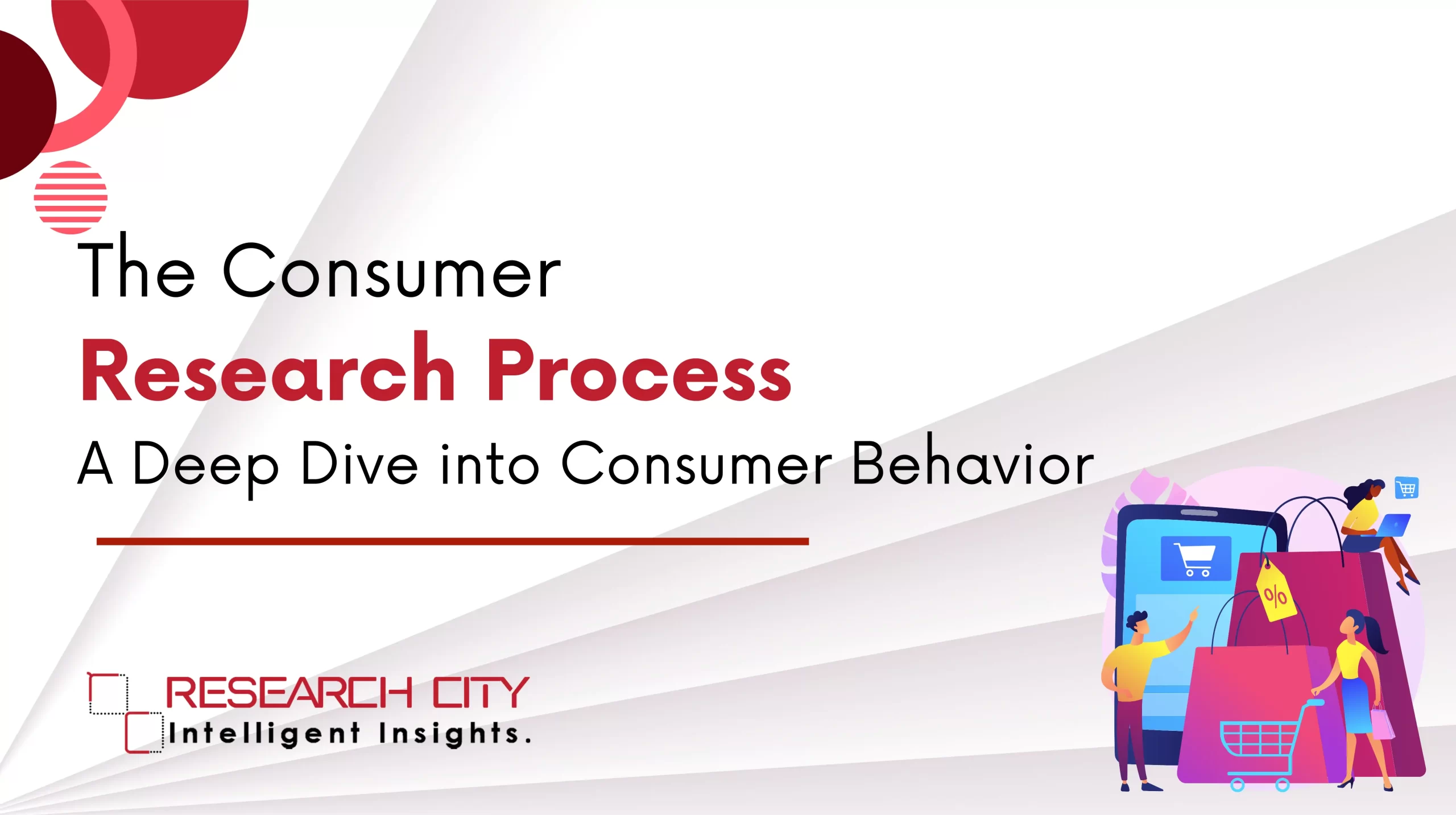Have you ever wondered what goes into making a really successful product or campaign? The answer is consumer research.
Consumer research is a technique used by marketers and product developers to understand the needs, wants and behaviour of their target audiences. It involves collecting data about customers, analyzing it and using it to create strategies that will yield the most successful results.
Whether you are a marketer planning an advertising campaign or a product developer creating a new product, understanding your customers is essential for success. Consumer research can give you detailed insights into your customers’ behavior, preferences and motivations, which can be used to make better decisions about how to serve them in the most effective way possible.
In this article, we will provide an overview of what consumer research is and how it works. We will also discuss how businesses can benefit from using consumer research in their marketing and product development efforts.
What Is Consumer Research?
Consumer research is a process used to understand the behavior of consumers and their preferences. It helps businesses get an accurate understanding of their target audience. This research focuses on understanding why people choose certain products and services, what drives their decisions and how they feel about different aspects of a product or service.
The research process includes analyzing customer data, conducting interviews, collecting survey responses and observing consumer behaviour. This allows businesses to identify issues in their target markets, uncover new opportunities and measure customer satisfaction with products or services.
Overall, consumer research is an essential tool for gaining insights into the market trends, customer needs and preferences that allow businesses to understand their existing customers better while identifying new customers they can acquire. By conducting this type of research, they can ensure that they are providing the right solutions to meet the demands of their target audience.
Types of Consumer Research
Consumer research is a broad term encompassing a variety of techniques used to glean information about buyers and the marketplace. Depending on the data being sought, there are several different types of consumer research that can be employed.
Surveys: Surveys are one of the most popular methods for gathering consumer data. Surveys typically consist of a series of questions posed to participants, which can be administered online, in person or by phone. The responses from these surveys can provide valuable insights into consumer attitudes, preferences and behaviours.
Focus Groups: Focus groups typically feature moderated discussions with a small number of participants about a particular product or service. This type of research allows organizations to gain feedback on products or services before they reach the market and get a better understanding of how users perceive and interact with their offerings.
Observation Studies: Observation studies involve watching participants use products or services in real-world environments and recording their activities. This allows researchers to observe how people use products in different contexts and gain insights into user experience.
Overall, consumer research is an important tool for understanding buying behaviour and driving successful marketing initiatives. By using the right techniques for gathering data, companies can gain valuable insight into their target audience’s needs and preferences, helping them make informed decisions about their product offerings and marketing strategies.
The Consumer Research Process
Consumer research is the process of gathering, analyzing and using consumer data to make decisions about how to best serve the needs and interests of customers.
The consumer research process typically involves five steps:
- Defining the research objectives
- Developing a research plan
- Collecting data
- Analyzing the data
- Developing conclusions and recommendations
At each step, specialists in consumer research methods use quantitative and qualitative methodologies to gain insights into consumer behaviours, attitudes, needs and preferences. This data can be used to develop strategies for marketing campaigns, product development initiatives and other activities that help companies meet their goals of providing products and services that resonate with their customers.
Benefits of Consumer Research
Consumer research is an invaluable tool for organizations striving to gain insights into the opinions and behaviours of their target audience. By using consumer research, businesses can discover what their customers want, how they make decisions, and how they view the organization’s products or services.
The benefits of opting to conduct consumer research are numerous. Here are just a few:
Improved Product Development
Conducting consumer research enables organizations to find out what their customers desire in a product or service, enabling them to create offerings that meet these exact needs. This helps to reduce the risk involved with launching new products by ensuring they are tailored to meet customer demands.
Enhanced Marketing Efforts
By learning more about target audiences, marketers can use this information to devise more effective marketing strategies. This could include developing more personalized messaging that resonates with customers and attracts them to your business.
Increased Customer Retention Rates
Insights gleaned from consumer research can help organizations identify any customer pain points and work towards creating better experiences for their clients. This leads to higher customer satisfaction and loyalty rates, resulting in increased customer retention rates over time.
Challenges With Conducting Consumer Research
Conducting consumer research can be a tricky business. Despite its fundamental importance in improving the customer experience, there are many common challenges that make it more difficult for organizations to get the data they need.
Among the most typical challenges with consumer research are:
Data collection – Gathering data from consumers can be time-consuming and expensive, especially in a global context. It involves designing surveys, questionnaires or other research tools, managing sample selection, and conducting field research.
Data accuracy – It’s difficult to ensure the accuracy of data collected through consumer research, as responses may be affected by various external factors such as moods or personal opinions.
Data analysis – Analyzing large amounts of data collected through consumer research takes specialized skills and knowledge in order to draw meaningful insights from it.
Data implementation – Once the data has been collected and analyzed, it is necessary to implement the insights across all departments within an organization in order to make strategic changes based on customer feedback. This requires close collaboration between departments and a clear understanding of how different teams can leverage the information for their benefit.
These challenges demonstrate why consumer research is not only necessary but also complex; without it, organizations will struggle to understand their customers’ needs and develop effective strategies for growth and success.
Best Practices for Effective Consumer Research
Consumer research is an invaluable tool for any business looking to stay competitive and grow. There are strategies you can use to ensure that your consumer research is effective:
Choose Your Methodology Carefully
When conducting consumer research, it’s important to choose the correct methodology for your project. Different methods may be more effective in different situations and industries, so take the time to plan and select the most appropriate one for your goals.
Gather Data From Multiple Sources
To gain a complete picture of how consumers think and feel about your product or service, you need to collect data from multiple sources. This includes online surveys, focus groups, interviews, and observation.
Keep Up With Emerging Trends
Technology is constantly evolving, so it’s important to keep up with emerging trends in consumer research. Utilizing new tools such as Artificial Intelligence (AI) and machine learning can help you gain insight into customer behaviour faster than ever before.
Analyze The Data Accurately
Once you have gathered all the data, it’s essential that you analyze it accurately. Use data visualization software or statistical analysis tools to quickly spot patterns or trends in the data that could be useful for your business decision-making process.
Conclusion
In summary, consumer research is a critical part of any business strategy. It can help companies identify and target the right consumers, understand their behaviour, and develop effective marketing campaigns. From identifying the needs and wants of customers to determining the best ways to communicate with them, consumer research is an essential component for any business that wants to remain competitive and successful. Additionally, companies can use consumer research to assess their current strategies, as well as to acquire their customers’ overall level of satisfaction. Through these insights, businesses are able to provide a better overall customer experience and drive profitable growth.





